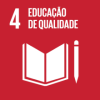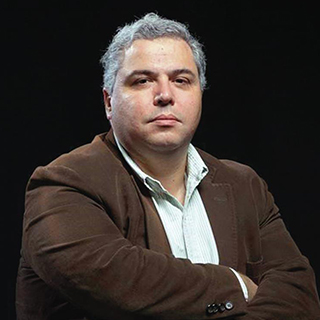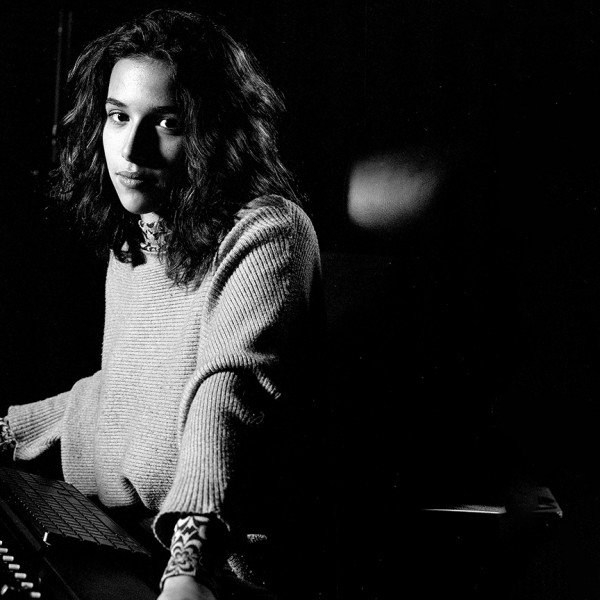ULusófona professor projects hypothetical reality in which influencers will exist as preservers of authenticity and human connections
Sustainable Development Goals (SDG)


Jorge Bruno Ventura
It is the influencers—and as much as it pains me, I have to say it—all of them, even those belonging to the ‘fools’ category, who in the near future may become generators of truth in relationships and could serve as a symbol of a guarantee of authenticity.
And everything has changed. And everything keeps changing. Otherwise, we would still be living in caves. We would be troglodytes vocalising guttural sounds. We are witnessing revolutions that provide points of no return: the emergence of the Internet, Web 2.0 with the phenomenon of social networks, and, today, Generative Artificial Intelligence. Countless changes are happening across all dimensions of the Human.
Contemporaneity exposes itself to unique challenges whose understanding requires deep knowledge capabilities and layers of perception of different degrees. Anticipating the future is an impossible mission due to the increasingly strong relationship between what is genuine and true and what is artificial and generated. Human experience will be realised, on the one hand, through relationships with processed and virtual characteristics, and, on the other, through those that are natural and true. In this scenario, discernment becomes inflated, with an increasing need to distinguish what is true from what is not, and the natural from the processed.
This trend may be countered by the work of influencers, through the veracity of their existence and the relational/interactivity capacity they generate. By creating content, sharing it, and engaging with others, the influencer may come to embody truth and authenticity. We are well aware that there are virtual influencers created by AI, but here what matters is the contribution of those made of flesh and blood.
There are several ways to divide or categorise influencers. The number of followers makes them nano, micro, macro, or mega influencers. They can also be categorised as: ‘celebrities’—those who develop a career with public notoriety and who, through that exposure, enter social networks; ‘specialists’—those who, due to their training, are oriented towards a specific topic; and finally, ‘content creators’—the traditional influencer. In this last category, we propose the opening of a subcategory: ‘fools’.
Why this subcategory? There are those who take the work of content creation very seriously and have a professional structure in performing their activity and in their relationship with sponsors. They do a very dignified job and contribute to the positioning of the brands they work with, from which they demand contracts. On the other hand, there are those who do nothing to dignify the activity and become known for producing the most abject content imaginable. These should be banned for tarnishing the name of an activity that, in essence, should not be looked at with suspicion.
It is the influencers—and as much as it pains me, I have to say it—all of them, even those belonging to the ‘fools’ category, who in the near future may become generators of truth in relationships and could serve as a symbol of a guarantee of authenticity. Should the future deprive us of the Human dimension, it will be they, with the veracity of their existence, who may signal that there is still room for a tête-à-tête.
Jorge Bruno Ventura
Director of the Degree in Communication Sciences
Source: Jornal SOL











